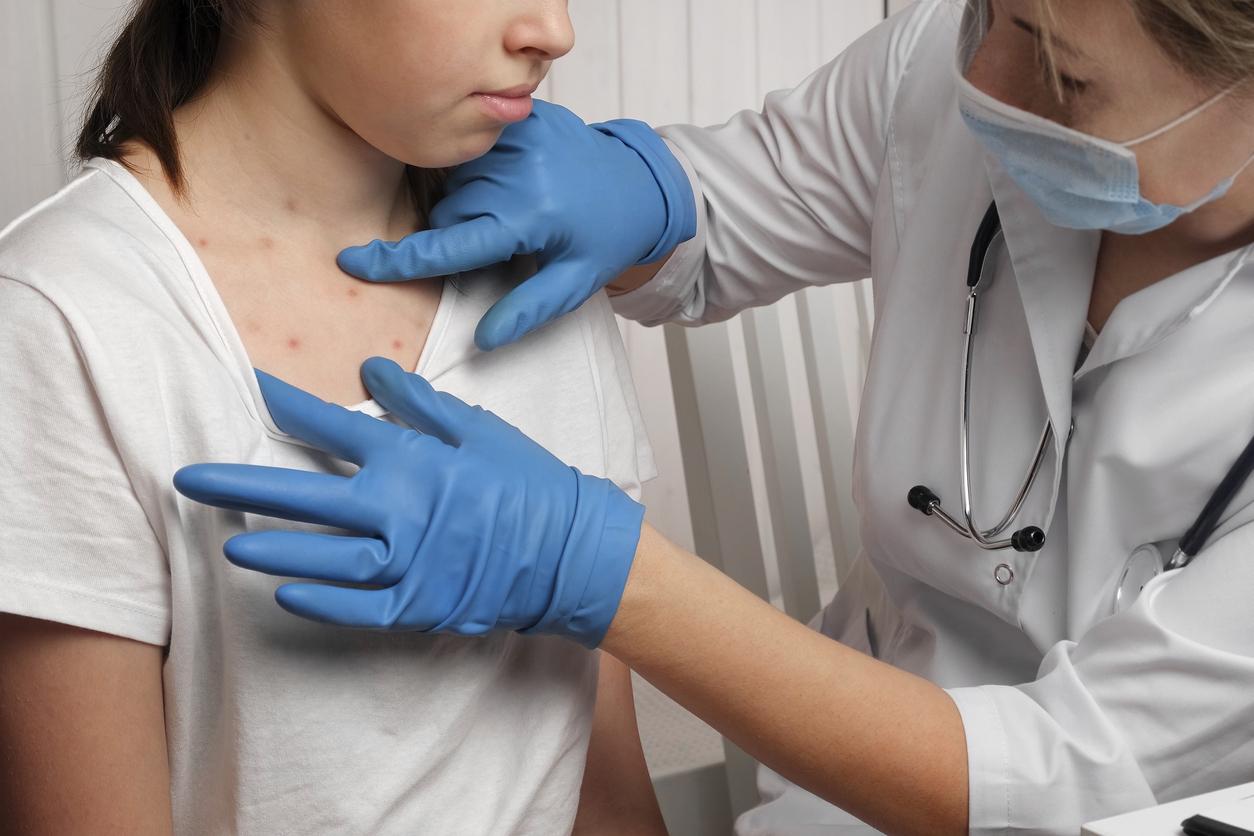According to Public Health France, more than 30 million French people suffer from hypertension. And even if half of them do not know it because they have never been tested, the other half must follow daily treatment to avoid developing cardiovascular disease (heart failure, stroke, arrhythmia, etc.).
The first treatment is not always the right or the most suitable. And according to the American Heart Foundation, while two types of treatments are favored by cardiologists for treating newly diagnosed patients, one of the two seems to have more adverse side effects.
Medications that decrease blood vessel contraction
Currently, drugs called converting enzyme inhibitors (ACE), Who reduce the contraction of the vessels, are more frequently prescribed than so-called drugs angiotensin II receptor antagonists (ARBs), Who directly oppose the action of a substance called angiotensin which promotes the contraction of blood vessels. However, “this second class of hypotensive drugs works just as well and would cause fewer side effects” underlines the American heart Association, in his journal Hypertension.
Their claims are based on the medical follow-up of 3 million patients taking blood pressure medication for the first time, with no history of heart disease or stroke, in the United States, Germany and South Korea. The researchers compared the occurrence of cardiac events and strokes in 2,297,881 patients treated with ACE inhibitors with those of 673,938 patients treated with ARBs. They found no significant difference in the frequency of heart attacks, strokes or any other cardiac event. But they found differences in the occurrence of some side effects.
Compared to people taking ARBs for the first time, people taking (also for the first time) ACE inhibitors were:
- 3.3 times more likely to develop fluid buildup and swelling in deeper layers of skin and mucous membranes
- 32% more likely to develop a cough (which can be dry, persistent and bothersome)
- 32% more likely to develop sudden inflammation of the pancreas (pancreatitis).
Hypertension: 3 other drug classes
- Beta-blockers slow down the heart rate and thus limit the intensity of blood pressure on the walls of the arteries.
- calcium channel blockers promote dilation of the arteries and therefore lower blood pressure.
- Thiazide diuretics act on the kidneys and promote the elimination of water and salt.
Hypertension: it is better to take the treatment in the evening
As a rule, treatments for hypertension are taken in the morning when you wake up. However, a Spanish study suggests that antihypertensives would be more effective if taken in the evening at bedtime.
For this study, researchers at the University of Vigo, Spain, randomly assigned 19,000 adults (including 8,400 women) to take blood pressure medications prescribed by their doctors, either upon waking up or at bedtime. These patients were followed by Prof. Ramón Hermida, lead author of the study, for 6 years. The results of this study have just been published in the European heart journal.
“Morning ingestion is the most common recommendation from doctors, based on the misleading goal of reducing morning blood pressure,” observes the doctor. “But our findings show that patients who regularly take their antihypertensive medications at bedtime are 45% less likely to die or have a cardiovascular event. They are even 66% less likely to die from a stroke or stroke. heart attack”.
Sources:
- Comparative First-Line Effectiveness and Safety of ACE (Angiotensin-Converting Enzyme) Inhibitors and Angiotensin Receptor Blockers: A Multinational Cohort Study, Hypertension, July 2021
- Bedtime hypertension treatment improves cardiovascular risk reduction: the Hygia Chronotherapy Trial, European heart Journal, October 2019
Read also :
Hypertension: what to do… or not
How not to become hypertensive
Hypertension: why screen it in young adults?
5 ways to normalize your blood pressure naturally


















